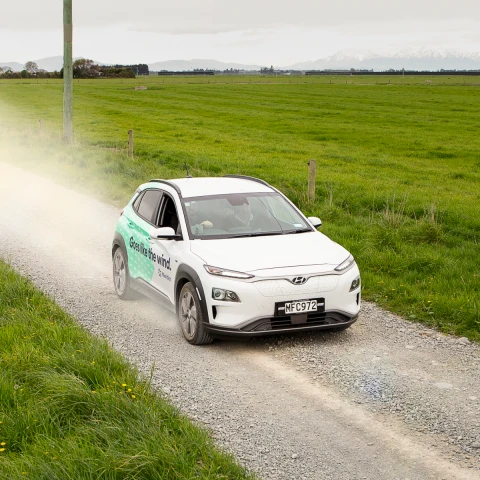
What exactly is an EV? An EV, also known as battery electric vehicles, or BEVs, is a car that’s powered by electricity. That means you charge up your electric car instead of filling the tank with petrol or diesel – and you can do it from the comfort of your own home. Yep, charging your electric car is as easy as charging your phone.
We’ve broken down the differences between electric cars, plug-in hybrids (which are still considered a type of electric car), and hybrids.
EVs versus hybrids – what’s the difference?
Electric vehicles
EVs and emissions
EVs have zero exhaust pipe emissions, reduce CO2 emissions by 80% and have better efficiency. In other words, you’ll be close to driving pollution-free – especially since New Zealand boasts around 85% renewable energy generation.
Cheaper than a regular petrol car
On top of being a cleaner way to get around, once you’ve got yourself an EV, it’s way easier on the wallet. The cost of charging one is the same as paying 40c per litre for petrol. We can’t argue with those savings.
While it’s hard to fault electric vehicles, there are two things worth mentioning.
Availability of charging vs petrol stations
You might’ve heard of range anxiety: the feeling one gets when the battery is running low and charging stations aren’t nearby. At this stage, you’re more likely to spot a petrol station than a public charger. The good news is, there are more and more public charging stations popping up all around New Zealand, such as the Zero network. (And, we’ve got some great tips for battling range anxiety).
Time it takes to charge an EV
A second drawback is EV charging time. While these are getting quicker, you’re still looking at anywhere between 30 minutes to 12 hours.
Here’s a breakdown of some of the popular EVs available in New Zealand from the lower priced Nissan Leaf to the more high-end Teslas.
| Pros | Cons |
|
|
The best bits of EVs
Like the sound of electric cars, or need more info? Check out the top six advantages to driving electric below.
Plug-in hybrids
Plug-in hybrids (or PHEVs) have two types of motors – an electric motor and battery (charged by electricity – hence ‘plug-in’!), and an internal combustion engine (or ICE – fueled by petrol).
Best of both worlds
With the ability to go ‘full-electric’, most plug-ins will cover roughly 30-50km on electric power before switching to hybrid mode. So, if you’re one of the lucky ones with a short daily commute but you still want the freedom to drive long distances without range anxiety, a plug-in hybrid could be for you.
More affordable to run than ICE
Driving in electric mode means savings are on the cards, too. Since PHEVs can run on electricity alone, you’ll benefit from the low cost of charging stations, some of which are free.
Maintaining a PHEV hybrid car
We do need to mention maintenance, though. While plug-ins have similar benefits to EVs in cost and carbon savings, their petrol engines (with many moving parts) do need to be taken care of. That’s where fully electric vehicles come up trumps.
What are the best plug-in hybrid cars?
There are a decent number of options for buying a plug-in hybrid in New Zealand, both new and secondhand. Here’s a breakdown of the most popular PHEVs, and what they’ll cost you.
Pros and cons of PHEV hybrid ownership
| Pros | Cons |
|
|
Hybrids
These are a lot more efficient than a fully petrol car, but they’re just not in the same league as plug-in hybrids and EVs because they can only fill up on petrol. The petrol engine and regenerative braking recharges a small battery that gives a short electric range. At the end of the day, you’re not ditching petrol at all – the car can just clock up more kilometres to the tank.
Which one ticks my boxes?
There you have it, a super quick rundown of the differences between electric vehicles, plug-in hybrids and hybrids. We’re the biggest fans of EVs and PHEVs – there’s no denying the environmental and cost-saving benefits. Here’s an easy way to compare your options.
| Electric (EV) | Plug-in hybrid (PHEV) | |
| Zero tail pipe emissions | ✓ | ✗ |
| Ditch the petrol pump | ✓ | ✗ |
| Fully electric range | ✓ | ✓ |
| Plug in to charge | ✓ | ✓ |
| Great for short trips | ✓ | ✓ |
| Great for regular long-distance travel | ✗ | ✓ |
| Low maintenance requirements | ✓ | ✗ |
Where to find hybrid and electric cars for sale
You’ll find PHEV and EVs across the country:
New car dealerships – if you plan on getting the latest technology and complete peace of mind around warranty and vehicle history, there are more EVs and PHEV cars for purchase from a range of manufacturers than ever before. It probably goes without saying, but this option certainly comes with a price premium.
Used car yards – with a growing adoption of EV and PHEV over the last decade, there are more options for second-hand deals. Just remember that if the vehicle is more than a few years old, you’ll want to find out the health of the battery. If it’s due for a replacement, the cost is significant so it should factor into your decision.
Online marketplaces – Buying second hand directly can often be cheaper but you’ll still want to have the vehicle checked by someone who knows their stuff to reduce the chance of an expensive surprise later.
All things EVs
Thinking of making switch? We’ve got info on what they cost, why they’re great and heaps more to help you on your journey.
All articles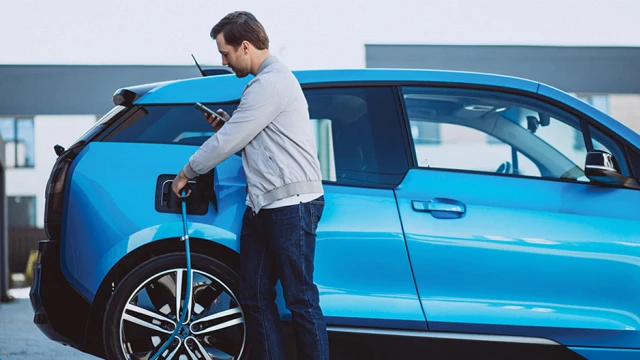
Owning an electric vehicle in New Zealand
An EV doesn’t just mean different technology, it brings with it different habits than those of a regular car.

Things to look out for with a used EV
In this guide we cover the main parts of a used EV to check – whether that’s at a used car dealer or in a private sale...
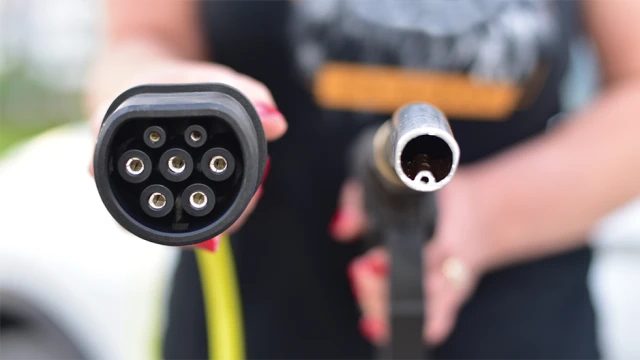
Electric Vehicles vs. Petrol or Diesel - Pros and Cons
Let’s talk about some common pros and cons that you might find with EV vs. ICE so you can make an informed decision on...
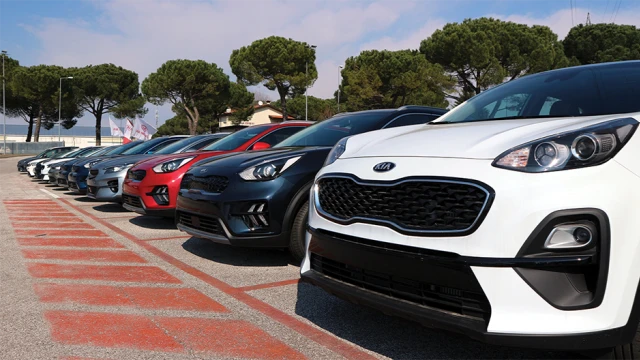
Comparing different EV options
In this guide, we provide some handy tips that you can refer to when comparing electric vehicles on your shortlist.
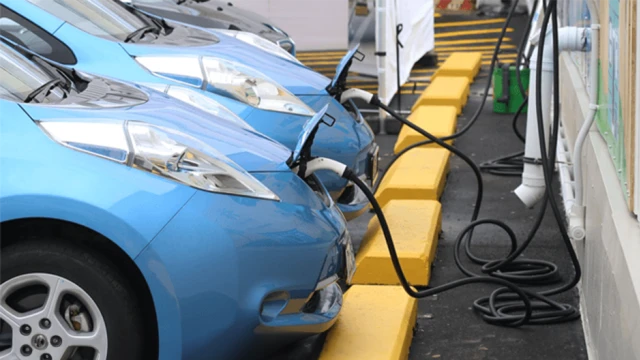
Useful information about EV charging at your business
Getting charging infrastructure for your business has many benefits. Here’s some important things to keep in mind.
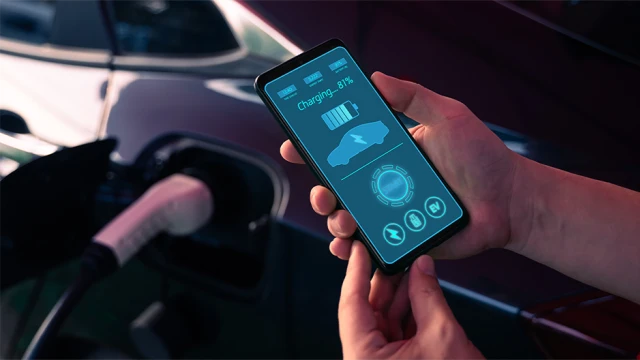
The guide to EV batteries
This guide will give you a head start when shopping around for an EV, or to simply understand your existing electric...

We’re levelling up the way we do transport
At Meridian, we’re committed to demonstrating our support of low emissions transport on the roads and in our waterways.
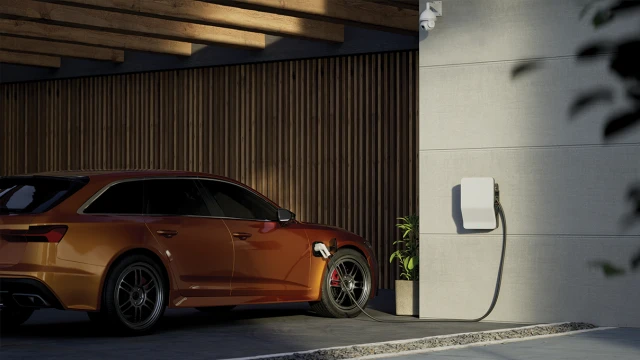
Are EVs worth it?
Many people are asking this question when shopping for a new vehicle. In this guide, we'll tackle whether you should...

Choosing an EV for a family
Any car purchase is a big deal, and it takes time to find the right model. Our guide below explores the family car...

How to integrate home solar and an EV
In this guide, we’ll help you get started in your planning to have solar and EV in the home.

Top considerations when buying an EV
Buying an electric vehicle (EV), especially for the first time, is an exciting process. In this guide we explore the...
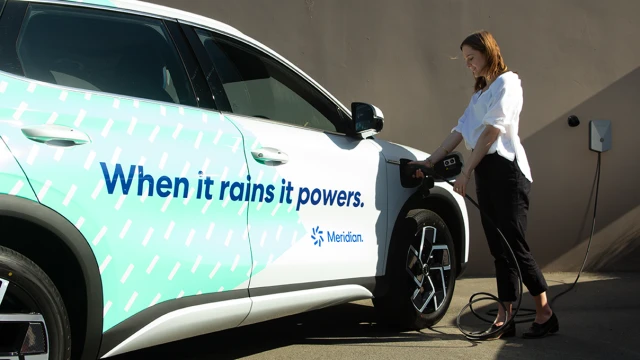
Considering an EV? The top three considerations for EV charging
When it comes to EV ownership, energy is often the last thing considered. Find out the top considerations for EV...
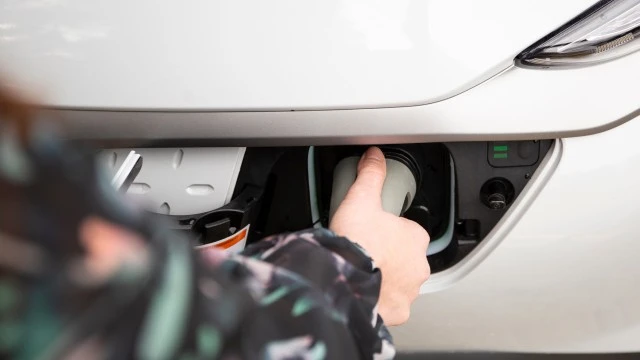
Charging EVs
Unlike petrol stations, chargers for your EV aren’t quite so common. Don't worry though, you’ve got options.
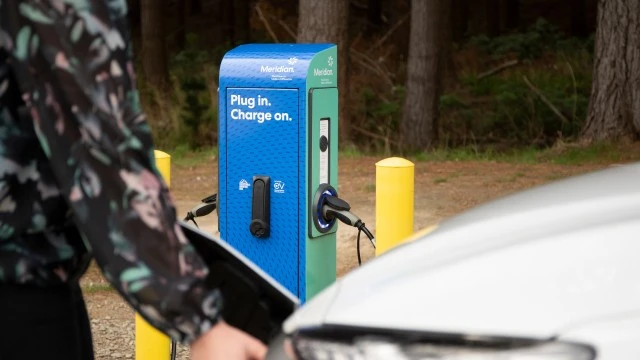
Plug vs pump – an electric car cost comparison
How much does it cost to buy an EV? And how much does it cost to charge?
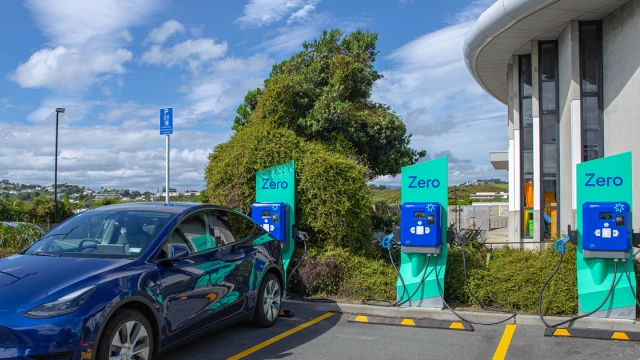
The top 5 unspoken rules of public EV charging
Don’t be that person… the one who bothers other drivers at public EV charging stations. Lucky for you, we’ve got the...